Building Evidence
3. Investment in Capacity to Learn What Works
Tennessee
Leading Example
As part of the FY23 budget, Tennessee allocated $1.5 million in recurring state dollars for rigorous program evaluations to support evidence building. Programs ready for evaluation are identified in the program inventory process, in partnership with the Office of Evidence & Impact, and agencies are connected with external research partners who conduct the program evaluation. For FY23, 3.7% (of total dollars) of budgeted departmental requests were evidence-based. For FY24, 15.8% of budgeted requests were evidence-based.
Promising Examples

California
California
In 2022-2023, the California Tobacco Prevention Program in the Department of Public Health spent 6.4% of their budget on evaluation and surveillance efforts. They also require their local projects to direct a minimum of 10% of their local program funds toward evaluations and to designate at least one qualified evaluator as the lead, which they can find in the Local Evaluator Program Directory. They also fund the UC Tobacco Control Evaluation Center to provide technical assistance on evaluation efforts and develop resources, guidance, and training.
An inter-agency effort led by the Labor and Workforce Development Agency (LWDA), the Employment Development Department (EDD), the Governor’s Office of Planning and Research (OPR), and the Governor’s Office of Business and Economic Development (GO-Biz) launched the independent evaluation for a $600 million community economic development program and successfully contracted with the evaluation firm to align with statute requirements (SB 162 2021) to establish a system for performance monitoring and evaluation through the program’s planning and implementation phases until 2026. The evaluation firm was awarded $3.3 million (0.6% of program funds) for the Community Economic Resilience Fund (CERF) Program Evaluation grant for Program Year (PY) 2022-23.

Colorado
Colorado
The Colorado Department of Public Safety’s Juvenile Diversion Program invests 3% ($120,000) of program funds to conduct evaluations. Crime Victim Services’ competitive funding opportunities require all applicants to evaluate the effectiveness of their project. It also requires those who currently receive funding to answer questions regarding their current effectiveness at meeting their funded projects’ goals and objectives, as well as their adherence to their budget.
The Colorado Department of Early Childhood (CDEC) has utilized ARPA funding to embark on a $500,000, 4-year Early Childhood Mental Health Consultation (ECMH) Evaluation, and ongoing funding of nearly $375,000 to maintain a robust data collection system. This program receives nearly $6.5M each year including temporary stimulus funding to build the capacity of adults and early childhood professionals to prevent, identify, treat, and reduce the impact of mental health problems among children from birth to age six and their families. CDEC is putting evidence at the core of its activities, building a causal link between activities and the improved physical and mental health of parents and young children.
Since FY 2017-18, Colorado’s Office of State Planning and Budgeting (OSPB) administers a $500,000 annual fund for program evaluation and implementation grants, which provides competitive funding to support program implementation or evaluation of outcomes. Through this grant, the Governor’s Office has invested approximately $3,735,800 in grants to support evidence-based policy. This includes a $150,000 grant to the Department of Higher Ed for contract evaluation and assessment of scholarship interventions on degree completion, Employee evaluations.

Minnesota
Minnesota
As a component of the 2023 budget process, Minnesota Management & Budget (MMB) we specifically considered new spending above base to identify new or expanded spending on evidence-based practices (EBPs) as defined by the Results Management team. The evaluation for the 2024 – 2025 budget is published as a component of a broader public budget review.
Of total E-12 Education general fund spending above base in the budget enacted during the 2023 Legislative session, 40% in the FY24-25 biennium is for evidence-based practices as identified by Minnesota Management & Budget’s review of funded programs and services. This high rate of EBP funding is in part due to significant investments in large-scale evidence-based programs, such as Early Learning Scholarships Expansion (17% of total spending above base for FY 24 -25 biennium) and Universal School Meals (13% of total spending above base. Eighteen evidence-based programs were identified within this budget in total.
Of total Health and Human Services general fund spending above base in the budget enacted during the 2023 Legislative session, 26% in the FY24-25 biennium is for evidence-based practices. This comprises 32 evidence-based programs, with the largest single investment being an increase in the rate the Minnesota Child Care Assistance Program pays to providers.
In addition to these dollars allocated to EBPs, MMB’s budget includes funding ($1.7 million, ~2.5% of total MMB budget) to 1) conduct experimental and quasi-experimental impact evaluations, 2) support grant performance measure evaluation and development, and 3) inventory EBPs in state programs. Specifically, funding is directed to supporting these activities for opiate epidemic response grant activities, adult mental health initiative grants, and all new Minnesota Department of Health and Minnesota Health and Human Services grants established during the 2023 legislative session.

New Jersey
New Jersey
The Department of Law and Public Safety set aside $200,000 of the $2 million operating budget for an evaluation of the Alternative Responses to Reduce Instances of Violence & Escalation (ARRIVE Together) program in FY 2023. The Department instead secured funding from a foundation to pay for the evaluation.
In New Jersey, every state, county, and local law enforcement agency is required to establish a process for disciplining officers who commit misconduct or otherwise violate the agency’s rules, consistent with statewide standards. In September 2022, the Department of Law and Public Safety launched a data dashboard about police agencies’ internal affairs investigations. The dashboard provides information in a searchable format capable of filtering data by law enforcement agency, the types of allegations involved, and what, if any, disciplinary action was taken. It is believed to be the most comprehensive compilation of statewide internal affairs information to be made accessible to the public by any state in the U.S.
Analysis of internal affairs data has helped to identify areas in which police-public interactions can lead to adverse outcomes and helped to inform initiatives such as the ARRIVE Together, which pairs a law enforcement officer with a certified mental health screener to respond together to 9-1-1 calls for behavioral health crises. In addition to the Department’s partnerships with the foundation funding an evaluation of this program, the Office of Justice Data helps collect and organize the ARRIVE data and has created ARRIVE forms for each participating police department and mental health screener to input data. Internal evaluations of pilot programs in two localities found the program to be effective in reducing use of force, injuries, and arrests, and found no evidence of the racial disparities that often characterize policing outcomes, and a subsequent Brookings evaluation found much the same results. This helped to persuade the Legislature to adopt a Fiscal Year 2024 budget that provides for the statewide expansion of the program. The same foundation has agreed to fund another report to evaluate all of the ARRIVE Together pilots funded under the FY 2024 budget.

North Carolina
North Carolina
The North Carolina FY 2021-23 budget appropriated $1 million in nonrecurring grant funds to OSBM for state agency research and evaluation needs. OSBM launched the North Carolina Evaluation Fund to support government-researcher partnerships that inform program and policy decisions. OSBM awarded grants to eight high-impact research projects in 2022 on topics including teacher and student outcomes, workforce development, juvenile recidivism, behavioral health and social service programs, and domestic violence.

Pennsylvania
Pennsylvania
The Pennsylvania Commission on Crime and Delinquency (PCCD) has several program areas that utilize at least 1% of program funds to evaluate the effectiveness of programming. For example, the Juvenile Justice and Delinquency Prevention (JJDP) Unit of PCCD’s Office of Justice Programs sponsors Penn State University’s Evidence-Based Prevention and Intervention Support Center (EPIS), which has provided technical assistance and training resources to PCCD grantees implementing youth prevention programming since 2008. EPIS tracks program metrics to confirm that Violence and Delinquency Prevention Program (VDPP)-funded projects ($4,183,000 as proposed in the FY 23-24 Budget) and other related initiatives are implemented as researched to ensure that the best results are achieved. The JJDP Committee partners with DHS and the Department of Drug and Alcohol Programs (DDAP) to jointly support EPIS ($1,100,000, proposed FY 23-24). Additionally, DDAP and PCCD have partnered to use State Opioid Response (SOR) funding to implement the Opioid Misuse Prevention Project (OMPP). Over the first four years of the project, over $5 million has been invested to support five pilot sites.
PCCD recently announced the approval of a $3 million Violence Intervention and Prevention (VIP) Grants Evaluation initiative, which will help capture early impacts of the agency’s investments in gun violence prevention and reduction strategies. This two-year initiative will launch on July 1, 2023 and will be spearheaded by researchers at the National Opinion Research Center (NORC) at the University of Chicago in partnership with Temple University. Researchers will examine activities supported by a subset of projects funded with VIP Grant monies ($105 million, proposed FY 23-24) and sites recently awarded Coordinated Community Violence Intervention Strategies Pilot Grants ($12 million, FY 22).
